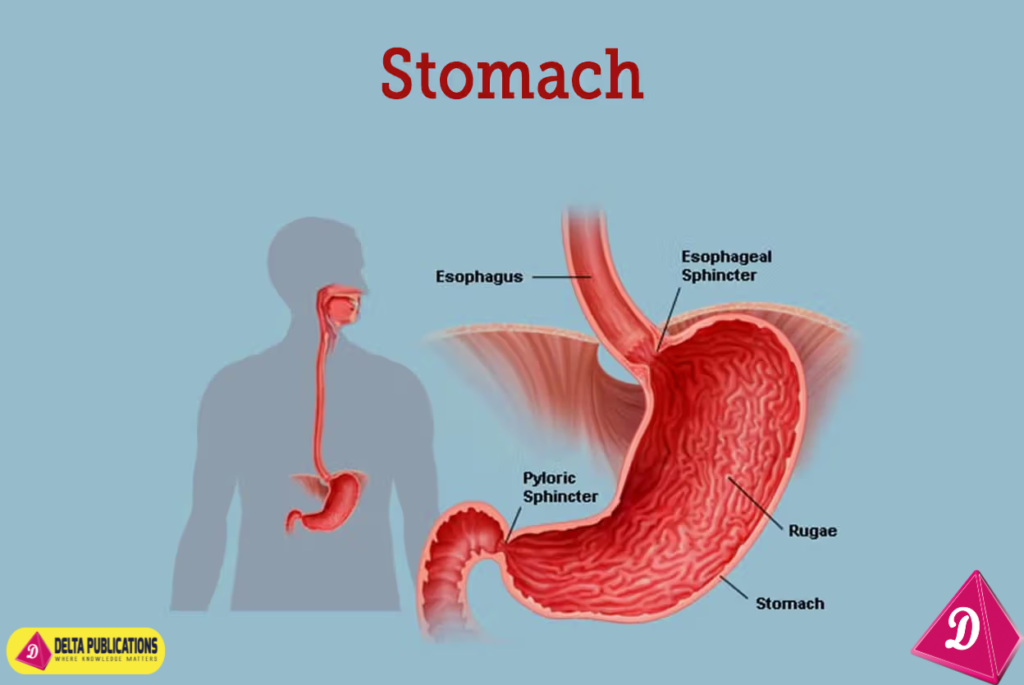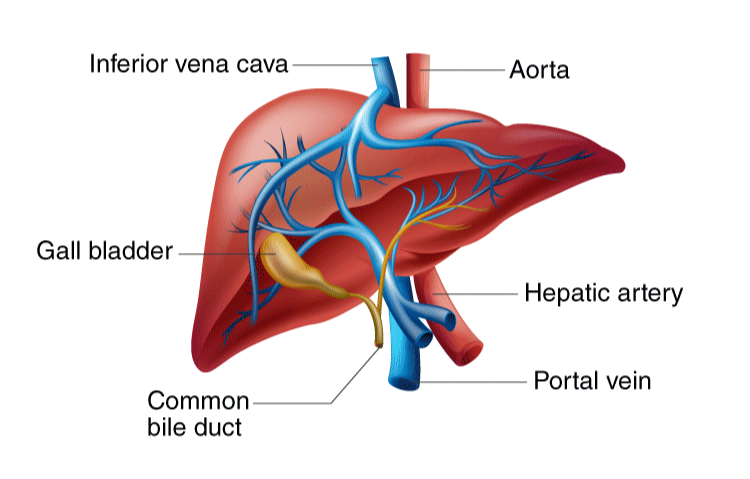Body Organs
Key Notes :
Definition of Organs:

Organs are parts of the body that perform specific functions. Each organ has a special job that helps keep us healthy and alive.
Examples of Major Organs:
- Heart: Pumps blood throughout the body and keeps it moving.

- Lungs: Help us breathe by taking in oxygen and releasing carbon dioxide.

- Brain: Controls all body functions, including thoughts, movement, and senses.

- Stomach: Breaks down food so our bodies can use it for energy.

- Liver: Helps in digestion and cleans the blood.

Organ Systems:

Organs work together in groups called organ systems to perform complex functions:
- Circulatory System: Includes the heart and blood vessels, responsible for moving blood around the body.
- Respiratory System: Includes the lungs, responsible for breathing.
- Digestive System: Includes the stomach and intestines, responsible for breaking down food.
- Nervous System: Includes the brain and nerves, responsible for sending signals throughout the body.
Interesting Facts:
- The skin is the largest organ of the body.
- We have two kidneys, which help filter waste from our blood.
- Our organs can be affected by what we eat, how we exercise, and our overall health.
Keeping Organs Healthy:
- Eating healthy foods, exercising regularly, and drinking plenty of water can help keep our organs functioning well.
- Regular check-ups with a doctor are important for maintaining organ health.
Let’s practice!

